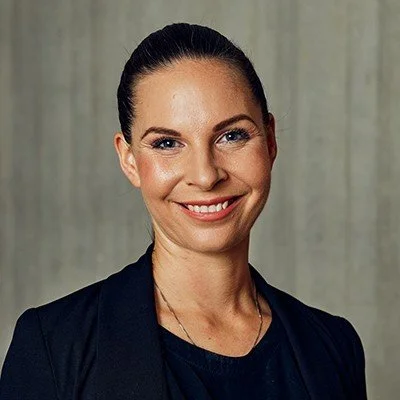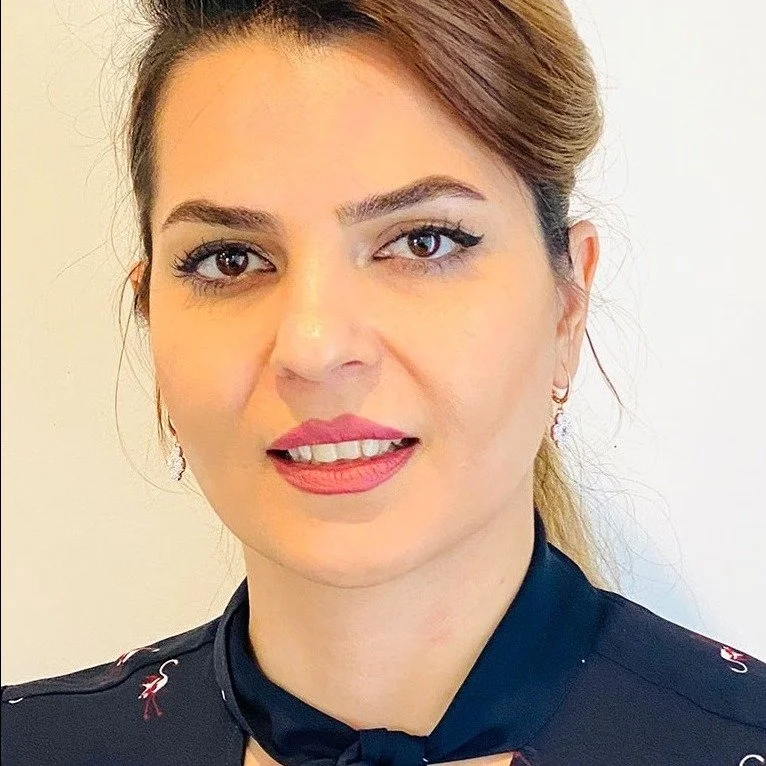Well-Being in Space: Human-Centred Design for Meaningful Heritage-Based Extended Reality Experiences
Through reporting on preliminary student design projects, this presentation discusses a human-centred design approach for meaningful heritage-based extended reality (VR) experiences to support the well-being of astronauts and people living and working in ICE (isolated, confined, and extreme) environments. The heritage aspect can help promote relatability and emotional connection. In his book, The Value of Museums: Enhancing Societal Well-Being (2021) John H. Falk defines meaningful experiences as those that are valuable to users and, as such, can create lasting memories. They also have the potential to affect long-term personal, intellectual, social, and physical well-being. The heritage-based content can be integrated into a system for measuring, monitoring and regulating affective stress using artificial intelligence (AI), wearable sensors and VR experiences for meditation, physical exercise, multisensory eating experiences, and similar purposes. Such meaningful experiences could also be used in hospitals, asylums, prisons, and other ICE environments, including Antarctica.
Dr Kaja Antlej is a researcher interested in the intersection of human-centered design, digital heritage and virtual museums, extended reality, 3D printing, futures thinking, entrepreneurship and space (space heritage, human space exploration, NewSpace). Kaja has obtained her BSc/MSc (2008) in Industrial Design and a PhD (2013) in Museum and Heritage Studies at the University of Ljubljana and is currently working as a Senior Lecturer in Industrial Design and CADET Virtual Reality Lab Researcher - Museums/Heritage at the School of Engineering, Deakin University in Geelong, a UNESCO City of Design, Australia. Prior to moving to Australia after receiving a prestigious Endeavour Postdoctoral Fellow 2015 by the Australian Government, Kaja worked on several EU-funded projects. She is an alumna of the Southern Hemisphere Space Studies Program 2021 (SHSSP21) at the International Space University and the University of South Australia, a member (Friend) of the Committee for the Cultural Utilisation of Space (ITACCUS), a technical committee of the International Astronautical Federation (IAF), a member of the Space Industry Association of Australia (SIAA) and the American Institute of Aeronautics and Astronautics (AIAA). She is also a member of several museum/heritage organisations including ICOM, AMaGA, AAM, MuseWeb and Interpret Europe.
Dr Bahareh Nakisa is a Lecturer of Applied AI and the course director of Applied AI at the School of Information Technology, Deakin University. she received a B.Sc. degree in Soft Engineering from Iran in 2008, a Master of Computer Science from the National University of Malaysia in 2014, and a PhD in Computer Science (Artificial Intelligence) from the Queensland University of Technology (QUT), Australia in 2019. She started working in industry as an AI scientist and Lead AI scientist and then she joined the School of Information Technology, Deakin University as a Lecturer in Applied AI in 2019. Her research spans a broad range of topics related to Artificial Intelligence, Machine learning, deep learning. She has applied analytic and algorithmic tools from these fields to solve real-world problems related to diverse domains, especially in Health, and Affective Computing.
Dr. Annahita Nezami is an author, researcher, lecturer at Kepler Space Institute, and a chartered psychologist providing consultation, training and therapy. Her areas of interest include space health and the Overview Effect, neuroscience, stress and trauma, performance, and altered states of consciousness. She serves as an advisor to multiple organisations and was elected as a fellow of the Royal Society for the Encouragement of Arts, Manufactures and Commerce (RSA). She has been a guest lecturer at various establishments such as Deakin University, Central St Martin’s, and University College London (UCL), invited to talk about mental health and the Overview Effect on BBC Radio 4 and TEDx. She is an active researcher and published papers and articles with Springer and other media outlets. Annahita's main aim is to research and apply the Overview Effect in psychology and to bring the Overview Effect "down to Earth". In 2022, she co-authored a children's book with Frank White called, "Starsailor: The Overview Effect Chronicles." Learn more about Annahita on our Team page.

